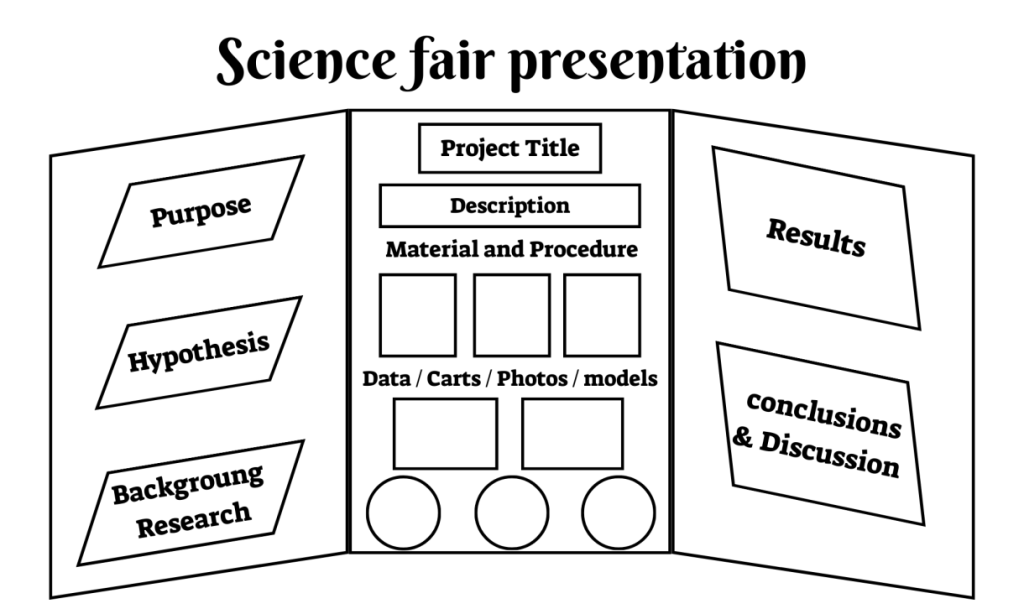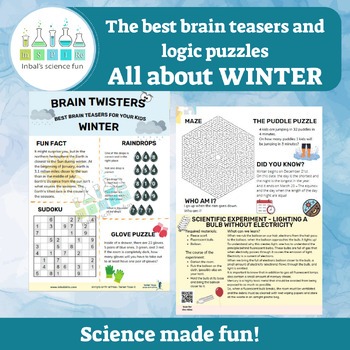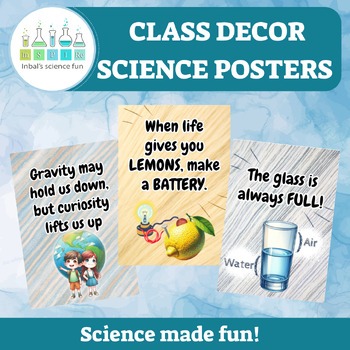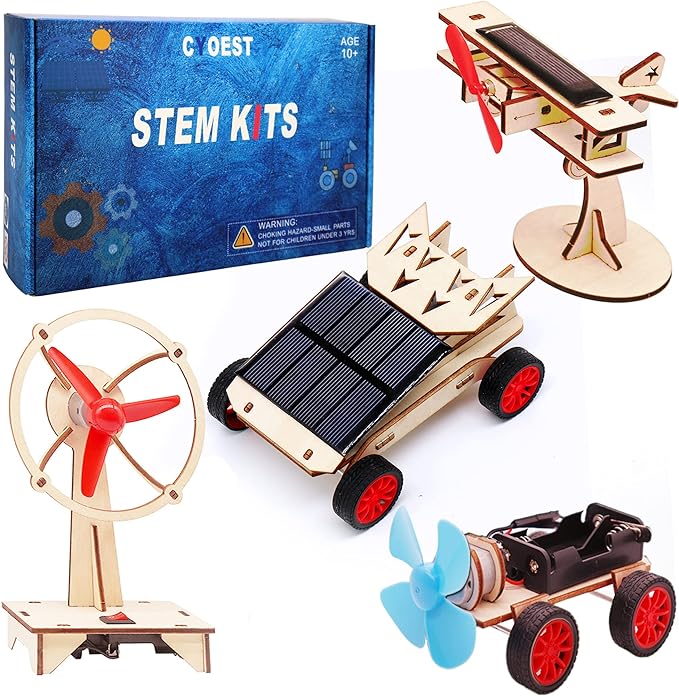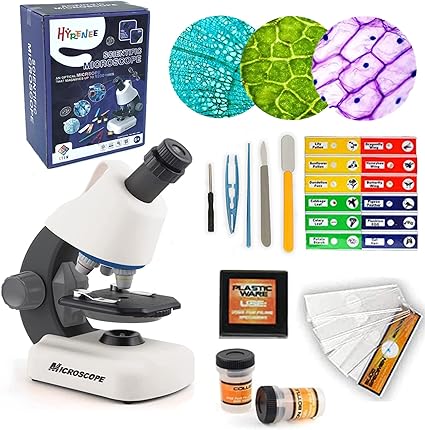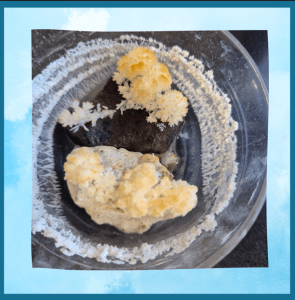Science Fair Project Guidelines
Doing a science fair project is a great way for elementary students to explore scientific concepts through hands-on experiments. Here are some guidelines you can send your students to help your project run smoothly:
<<Click here to download the PDF>>
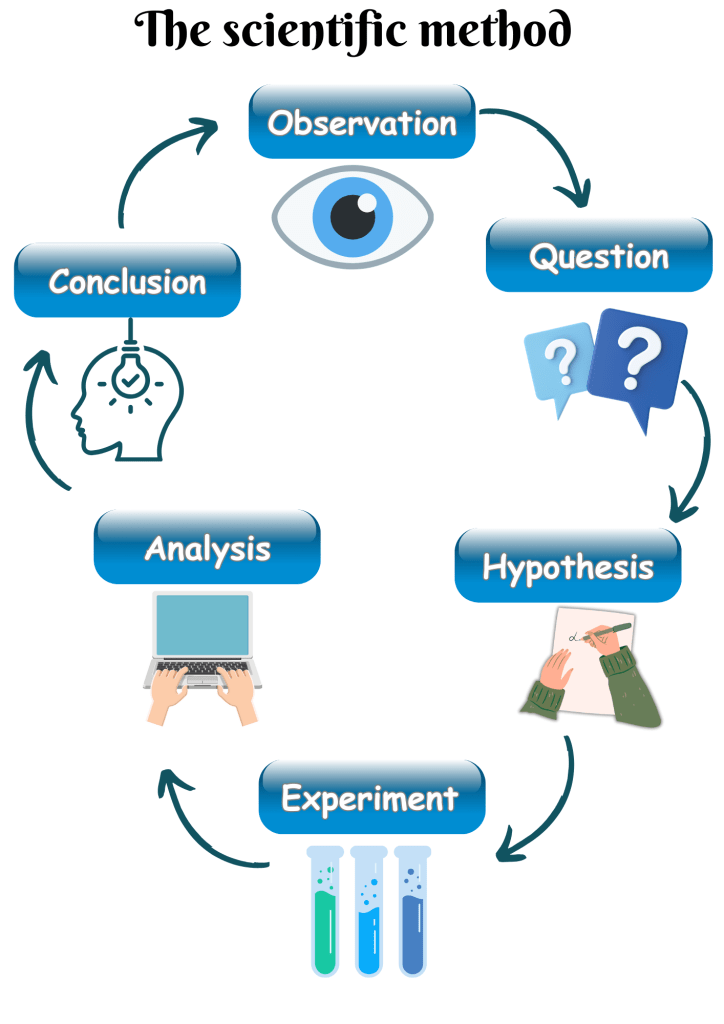
*Choosing a Topic
– Select a topic that interests you in science, nature, health, technology or engineering.
– Avoid dangerous or messy projects. Check with your teacher before involving liquids, living organisms, or breakable materials.
– Make sure you have all the materials and resources you need to successfully complete the project.
*Researching Your Topic
– Use books and reliable internet sources to learn more about your topic.
– Take detailed notes about important facts, concepts, and terminology.
– If doing an experiment, research what variables may impact the results.
* Developing a Hypothesis
– Come up with a hypothesis, or predicted outcome of the experiment, based on your research.
– The hypothesis should be a short statement you can test.
*Designing the Experiment
– Create clear step-by-step procedures to follow. An adult should supervise for safety.
– Make sure to limit variables and perform multiple trials.
– Develop data tables or charts to record measurements and observations.
*Presenting the Project
– Organize all your work into a paper or poster board for the science fair.
– The presentation should include your hypothesis, procedures, data, and conclusion.
– Make sure to prepare and practice explaining your project.
Ask your teacher if you need any help brainstorming ideas or coming up with the right experiment to test your hypothesis!
If you are planning on organizing a science fair, Read my blog post: A Teacher’s Guide to a Successful Science Fair
